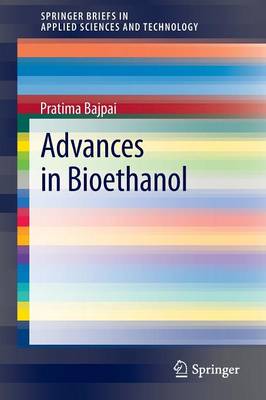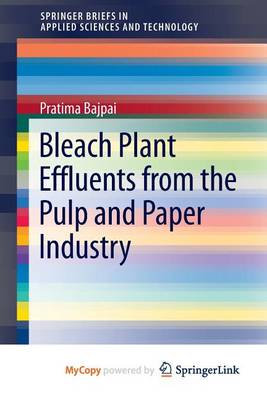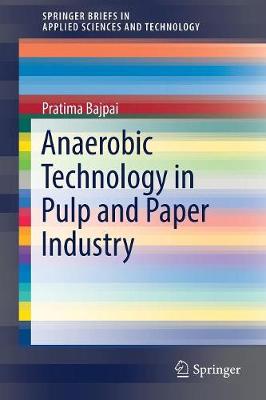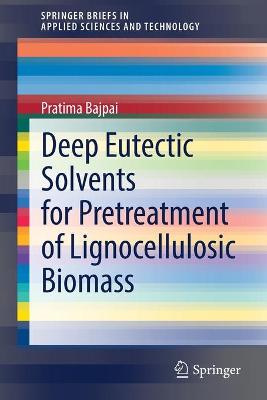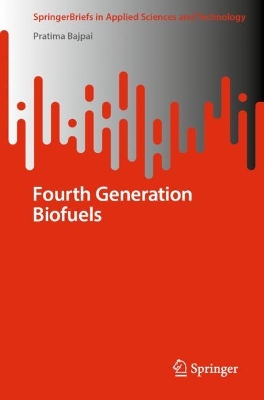SpringerBriefs in Applied Sciences and Technology
5 total works
This book presents a state-of-the-art report on the treatment of pulp and paper industry effluents using anaerobic technology. It covers a comprehensive range of topics, including the basic reasons for anaerobic treatment, comparison between anaerobic and aerobic treatment, effluent types suitable for anaerobic treatment, design considerations for anaerobic treatment, anaerobic reactor configurations applied for treatment of pulp and paper industry effluents, present status of anaerobic treatment in pulp and paper industry, economic aspects, examples of full scale installations and future trends.
Deep Eutectic Solvents for Pretreatment of Lignocellulosic Biomass
by Pratima Bajpai
This book focuses on the properties of deep eutectic solvents (DESs) and recent advances in their application in lignocellulosic biomass processing. Lignocellulosic biomass conversion to biofuels, biochemicals and other value-added products has attracted global attention because it is a readily available, inexpensive and renewable resource. However, in order for biomass technologies to be commercially viable, biomass recalcitrance needs to be cost-effectively reduced. Deep eutectic solvents (DESs) are new ‘green' solvents that have the high potential for biomass processing thanks to their low cost, low toxicity, biodegradability, and easy recycling and reuse.
After an overview of the current lignocellulosic biomass pretreatment, the book discusses the synthesis and physiochemical properties of DESs, as well as key findings on the effects of DES on cellulose, hemicellulose and lignin solubilization, biomass pretreatment and biomass crystallinity. It then addresses the enzymatic hydrolysis performance of DES-pretreated solids, compatibility of DESs with enzymes and microorganisms, and the recycling potential of DESs. Lastly, it compares DESs with ionic liquids, and examines the challenges and opportunities relating to extending the use of DESs in lignocellulosic processing.
This book examines the background of fourth-generation biofuel production, use of genetically modified microalgae for production of fourth-generation biofuels; cultivation and harvesting of genetically modified microalgae; residue from biofuel extraction; health and environmental concerns of fourth-generation biofuels; regulations on cultivation and processing of the genetically modified algae; carbon dioxide sequestration; water footprint and current status and key challenges. The topic caters to academic researchers and industrial experts, who work in the field of biofuels as source of alternative fuel to achieve environmental and economic sustainability.
